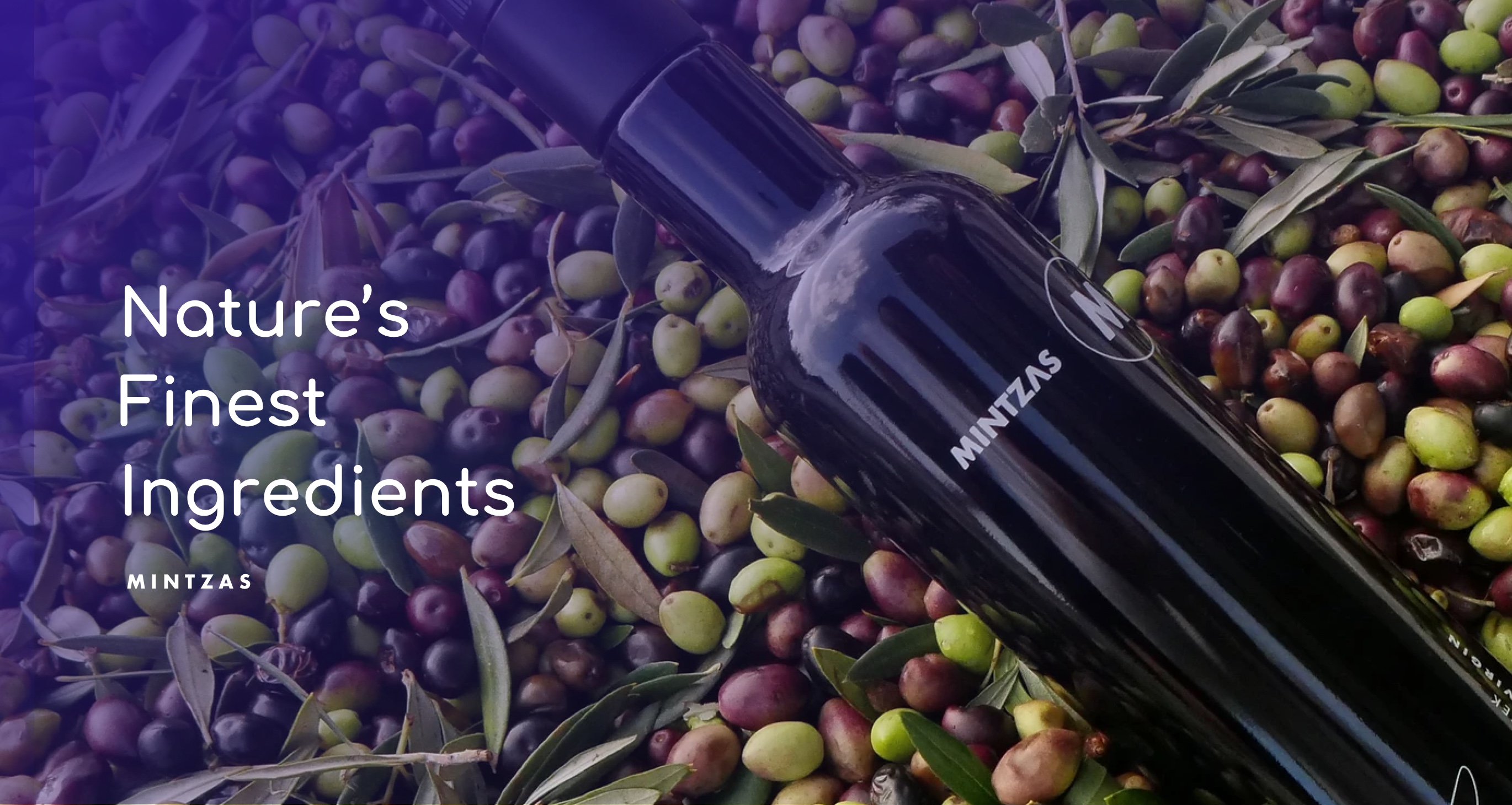
Where It all Began
The brothers, Dimitri and Panajotis, reside in the Netherlands. Their family comes from the Peloponnese peninsula - a region in southern Greece. Although their love and fascination for the family products already existed, they became genuinely inspired after they regularly helped with the honey and olive oil harvest themselves.
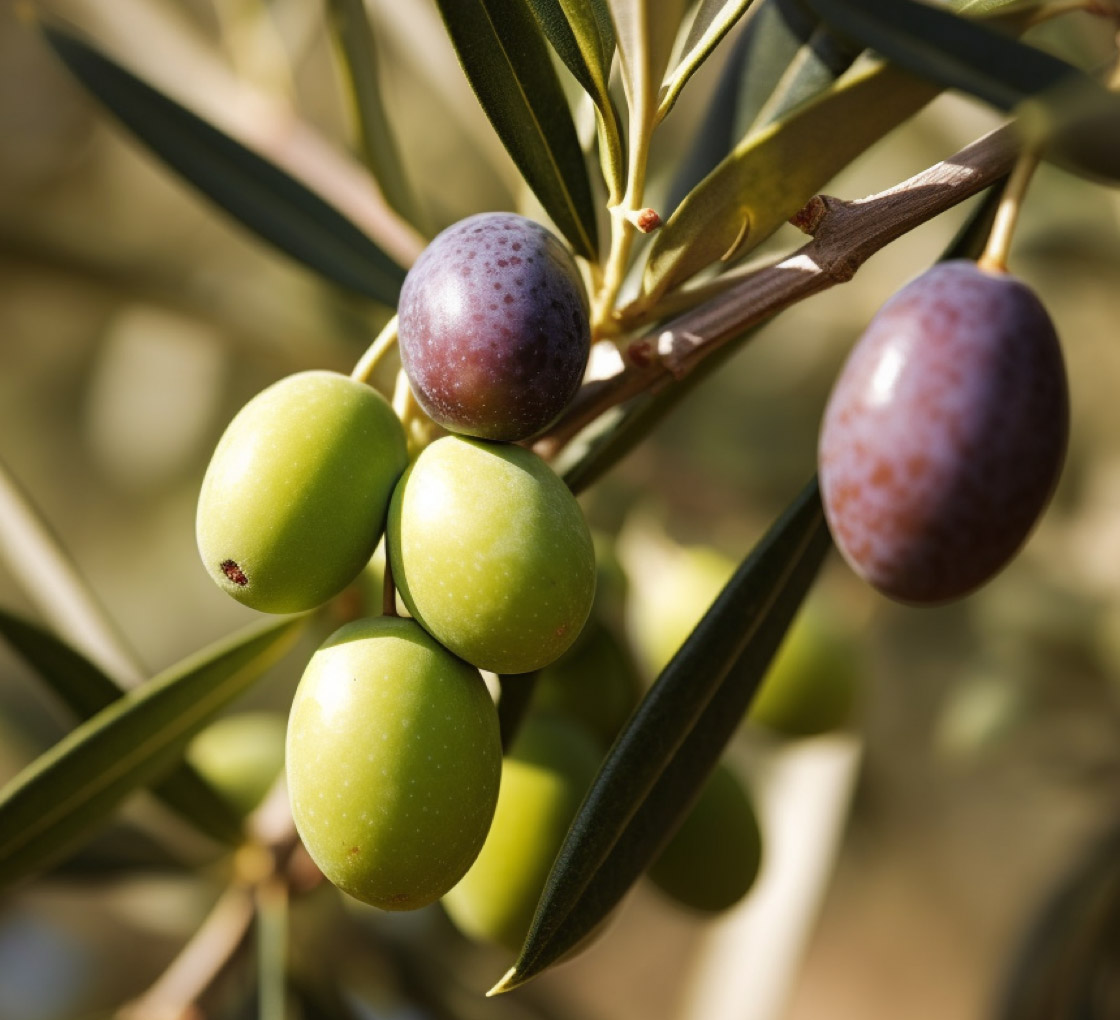
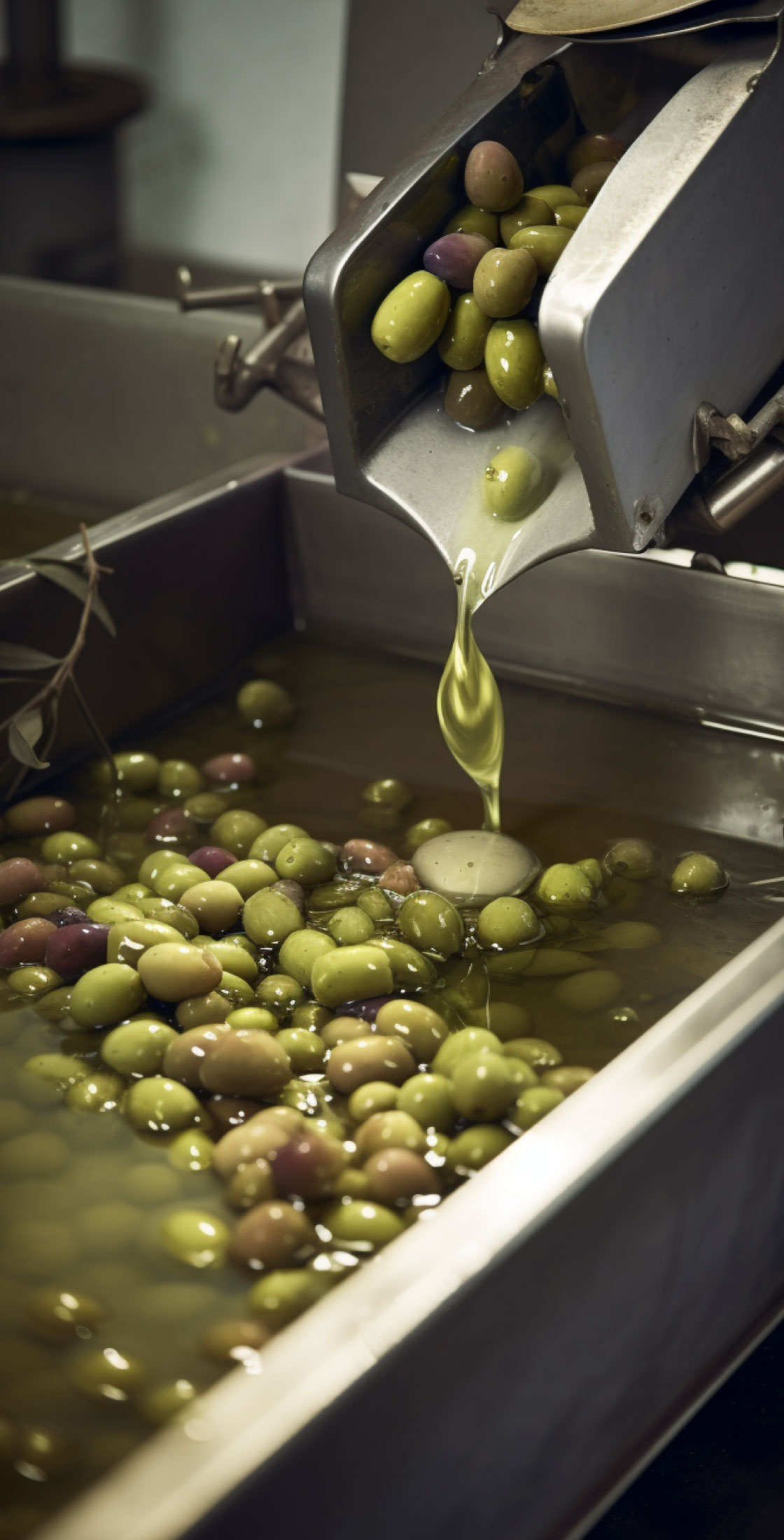
King of Olives
The olives they use are grown from their very own olive trees and those of their local friends near Kalamata. With millions of olive trees, this region is Greece's most important olive-growing area. Did you know that "The Koroneiki olive is also called the King of olives because it contains the most polyphenols (antioxidants) compared to all other olive varieties, making it one of the best in the world. Moreover, the taste of the little green olive is legendary. So, in order to preserve the exceptional qualities of the Koroneiki, we chose the exclusive Pollux 500ml bottle of Miron Violetglass" - Panajotis.
The Mintzas family has been using the same production methods for decades, so the production quality remains constant. When harvesting the olives, the Mintzas family always ensures that the olives are pressed within six hours. The longer one waits, the higher the acidity level and the less premium they become. Dimitri adds, "If the acidity level is lower than 0.8%, you can call olive oil extra virgin because the quality of olive oil is partly determined by its acidity. The lower the acidity, the higher the quality of the olive oil. In our case, our organic olive oil has an acidity level of 0.3% or lower."
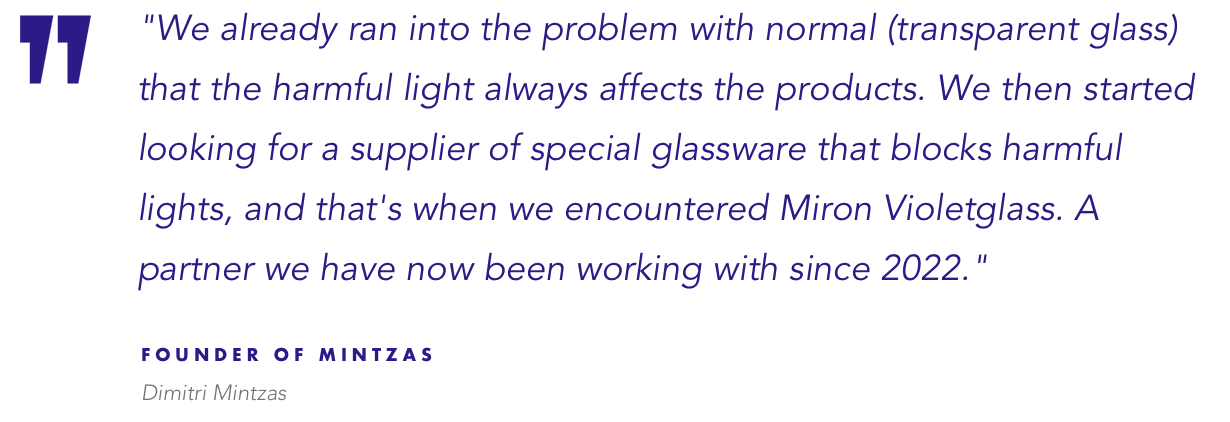
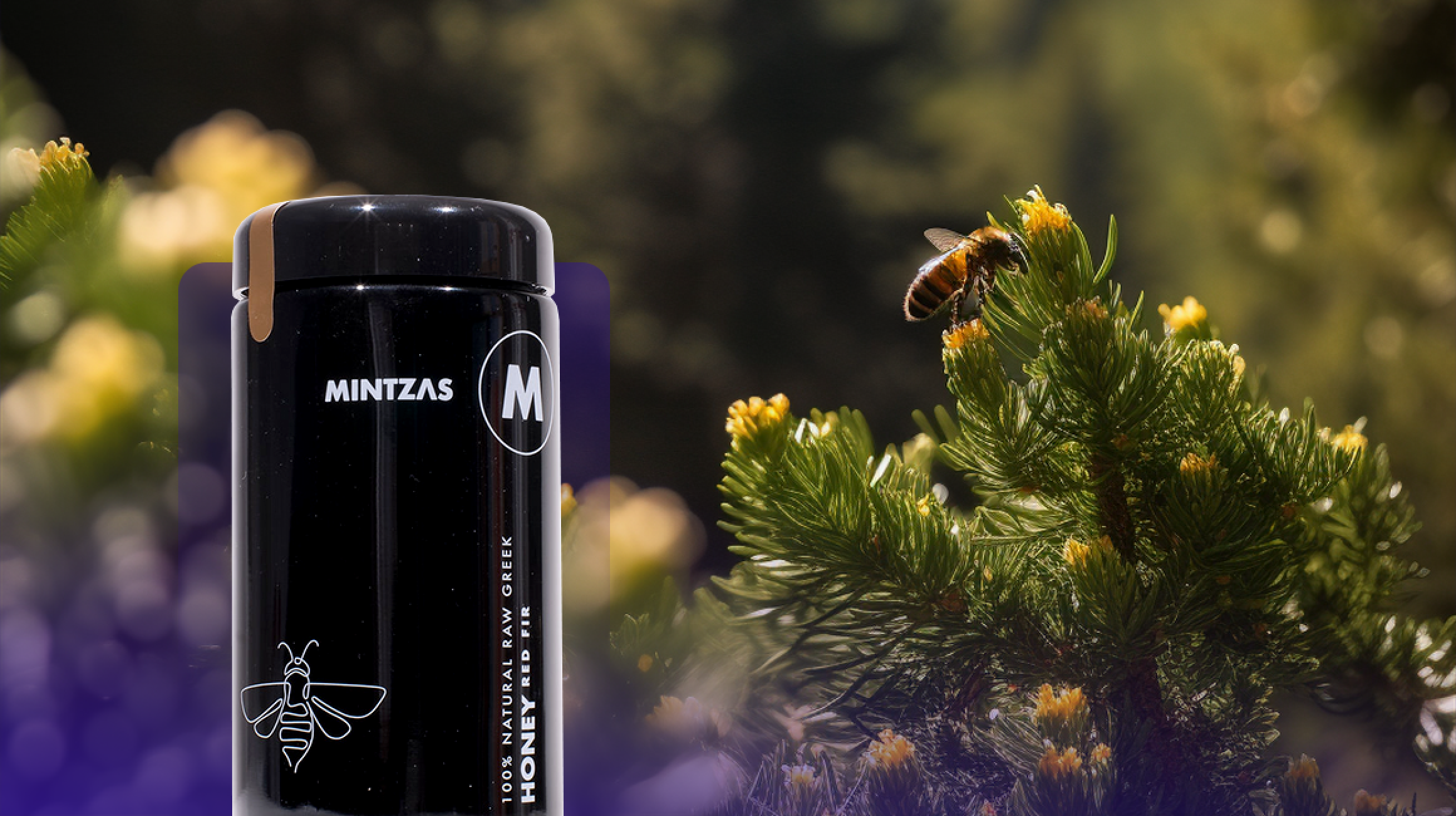
Making Organic
Products Stand Out
Vanilla spruce honey is very rare because it is found worldwide only in the unspoiled Parnonas and Mainalon Mountains in Peloponnese. According to Panajotis, "The vanilla spruce honey is made by bees in about 20 days (around end of May to early June) when the climatic conditions are perfect. If it isn't, there's a possibility that no vanilla honey is produced at all in one, two, or even three years in a row.
During the development of the idea to market the products and to guarantee the quality of
the products in the long run we encountered Miron glass. After reading some reviews and trying out the packaging, we became convinced because the quality of our products, like taste and smell, is optimally preserved over time. This allows us to guarantee the quality of our products after purchase to our consumers. Besides that, we also distinguish ourselves using Miron glass, as great attention has been paid to the appearance of our bottles and jars. As a decoration technique, we use screen printing on our olive bottle and honey jars, so no labelling."
Dimitri Mintzas